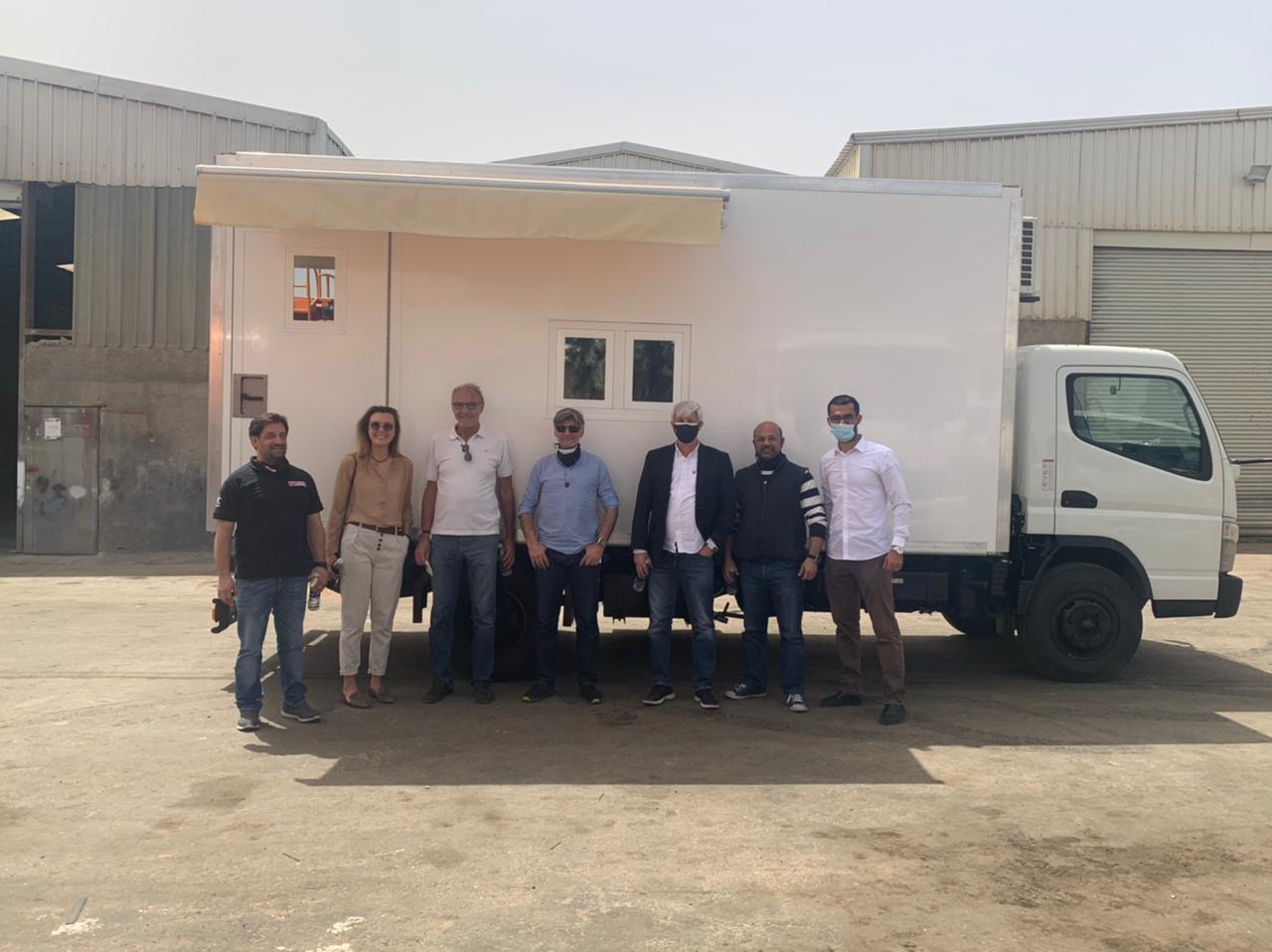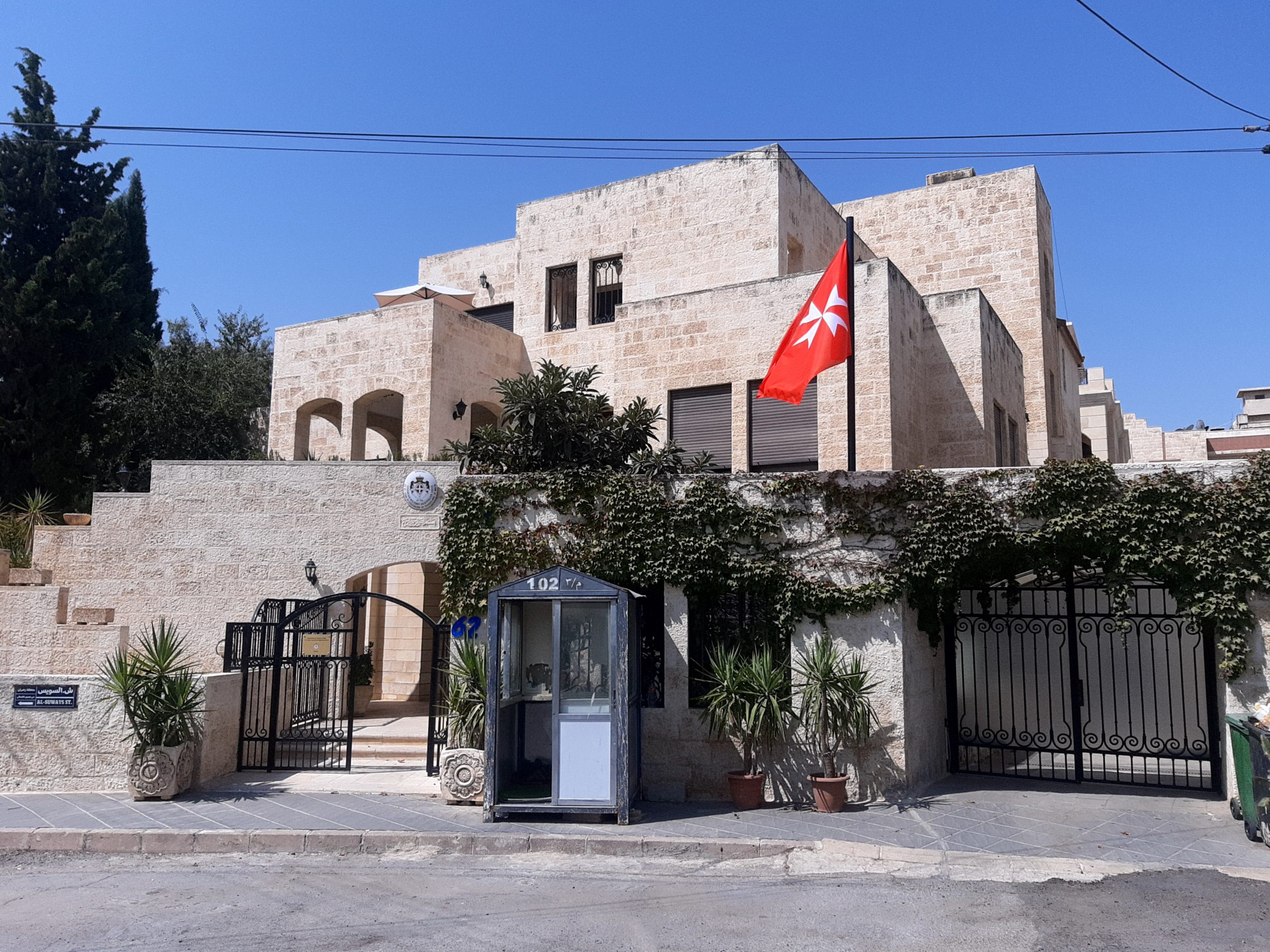1. THE HEALTH ISSUE ON WHICH TO INTERVENE
According to the definition of the World Health Organization (WHO), diabetes mellitus is a group of metabolic disorders with different etiologist characterized by chronic hyperglycaemia associated with alterations of glucose, lipid and protein metabolism, secondary to defects of insulin secretion, of action insulin or both.
Diabetes mellitus is a chronic disease with debilitating complications that contribute to morbidity and mortality. The worldwide prevalence of diabetes has been increasing at a noteworthy rate. It has been estimated that the total number of people with diabetes would inflate from 171 million in 2000 to 366 million in 2030.1 Healthcare costs from diabetes impose a global economic burden. The healthcare costs from diabetes alone were $376 billion USD in 2010 and have been estimated to increase to $490 billion USD in 2030. Presently, the Middle East region is among the most impacted countries.
As noted in multiple research studies, the ability to recognize members of a population who are at risk for diabetes is critical for multiple reasons. Among these is that at the time of initial diagnosis, many patients are already demonstrating signs of small and large vessel complications, which indicate that diabetes may have gone undetected from 4 to 7 years before the patients’ diagnoses. Additionally, patients who are found to have prediabetes, as indicated by impaired fasting glucose (IFG) and/or impaired glucose tolerance (IGT), demonstrate a 10 to 20 times greater risk of developing of type 2 diabetes (T2D) compared with people with normal glycaemic levels. Presently, there is a notable lack of assessment tools available to identify persons of Middle-Eastern origin who are prediabetes or have undiagnosed diabetics, despite the high numbers of both types of patients in the population.
Hence, there is an urgent need to apply applicable screening tools to facilitate diabetes prediction and support the global prevention effort. Previous randomized experimental studies on the prevention of diabetes have reported the effectiveness of lifestyle intervention to reduce the incidence of diabetes among those with prediabetes.
2. JUSTIFICATION OF THE PROGRAM
For patients with diabetes, in situations such as Jordan there are several situations that need to be addressed: the absence of energy, communications, shelters, transport, sometimes public order. Then there is the problem of sanitation, safe water, a healthy food supply, drugs and available treatment facilities. Furthermore, different levels of intervention must be considered: that of people with diabetes and their families, health professionals, the local and national community, international humanitarian agencies.
People with forms of diabetes face many difficulties in the supply of drugs and essential aids, such as insulin, test strips, adequate nutrition and proper physical activity, and in the management of other morbidities such as hypertension and dyslipidaemia.


